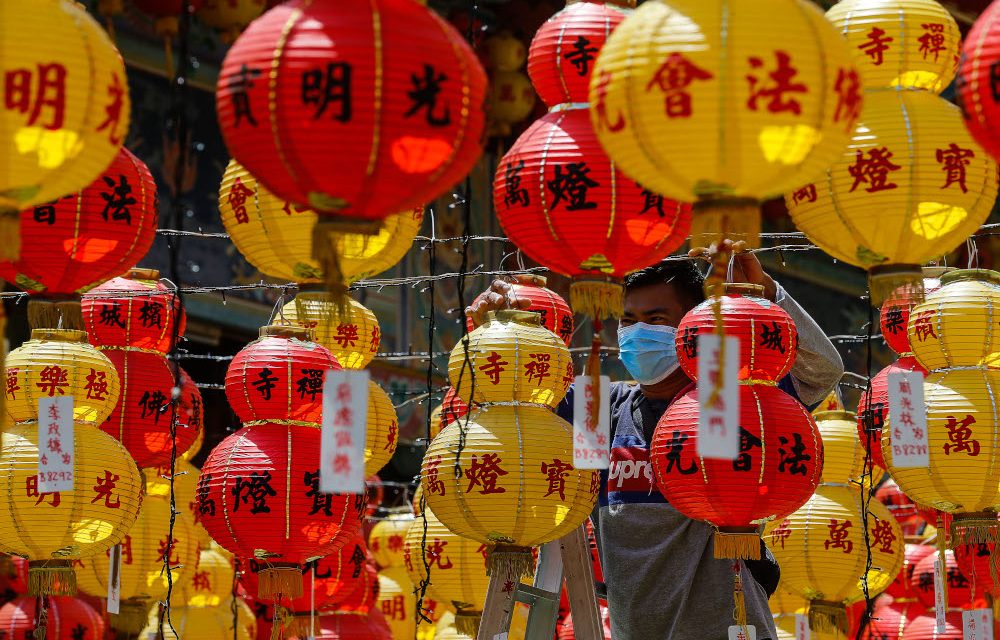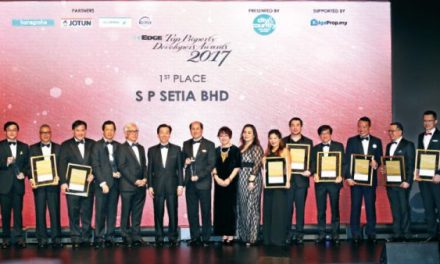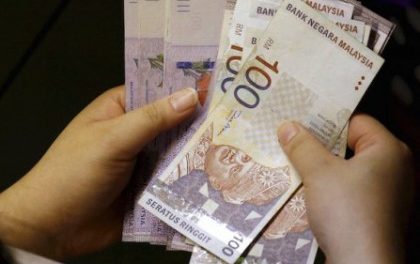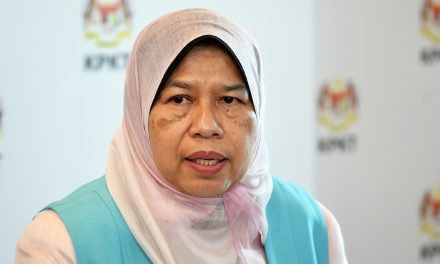CNY celebration only with family members in same house
Chinese New Year celebrations including prayer ceremonies are only allowed to be held at home with family members, said Senior Minister (Security Cluster) Datuk Seri Ismail Sabri Yaakob. He said prayers at temples were also not allowed, except for five of the temple’s committee members and people were encouraged to perform the ceremony at their respective homes. He said large dining events in conjunction with the festival were also limited to family members living in the same household, besides house-to-house visits, inter-district or interstate travel to visit family members and friends were also not allowed. In addition, all CNY festival and cultural events such as lion dance, dragon dance, lantern parades and Chinese opera and stage performances, among others will not be allowed as well. (Bernama)
Night markets, barber shops, car wash centres can reopen
Datuk Seri Ismail Sabri Yaakob announced that hair salons, barber shops and car wash outlets can now reopen for business, as the new movement control order dubbed MCO 2.0 gets extended by another two weeks. However, the senior minister said in salons and barber shops the services offered must strictly be limited to only haircuts, with other services such as facials still strictly prohibited. Ismail Sabri said that the abovementioned services can operate until 10pm starting tomorrow. He also said night markets are also allowed to operate between 4pm and 10pm by adhering to the following SOPs: one metre distance between stalls; different entry and exit routes; and strict control and monitoring by RELA personnel. (Malay Mail)
MCO 2.0 has shuttered two-thirds of small businesses, only tip of iceberg, retail group warns
Close to a third of small retail businesses have “collapsed” in the three weeks since the government enforced a second round of the movement control order (MCO) with more likely to fold if curbs are prolonged, the Malaysian Retail Chain Association said. “The current uncertainty as a result of the MCO will unfortunately lead to more business closures and loss of employment,” said its president Shirley Tay. “While we do not have any hard statistics, it is estimated that more than 50% to 70% of small businesses have collapsed throughout this MCO period.” Some of the most influential economic sectors have rallied behind a drive dubbed “Industries Unite” to condemn the partial lockdown extension, calling the move a death knell for more businesses and warned of soaring unemployment. It is equally important that the government adopts aggressive contact-tracing and isolation measures within a fixed time frame, Tay added. (Malay Mail)

PM: Covid-19 Immunisation Programme is Malaysia’s biggest vaccination effort
The National Covid-19 Immunisation Programme which is set to roll out at the end of this month is the biggest vaccination effort ever implemented in Malaysia, according to Prime Minister Tan Sri Muhyiddin Yassin. He said 80% of the country’s population are expected to receive the vaccine free of charge. The first shipment of the vaccine is expected to arrive this month. Muhyiddin said the immunisation programme will be carried out in three phases with the first involving some 500,000 medical and non-medical frontliners. The second phase from April to August will involve those at high risk of complications from Covid-19, while the third and final phase will involve adults aged 18 and above who will receive the vaccine between May this year and February next year. Minister of Science, Technology and Innovation Khairy Jamaluddin has been appointed as the coordinating minister of the vaccination programme. (Malay Mail)
Govt likely to look into reimplementing GST in 2022 or 2023
The government is likely to look into the possible reimplementation of the goods and services tax (GST), but the implementation of the tax would likely be in 2022 and into 2023. Affin Hwang chief economist Alan Tan said that the implementation of the tax would not be immediate and that it would likely be a “revenue neutral rate” or a lower rate that would be more acceptable to the public. “Similarly, the government would also be looking at the tax treatment, zero-rating exemption and setting the right threshold for businesses to register,” he added. Tan viewed that with the implementation of the GST, which has a wider base than the current sales and service tax (SST), it would allow the government some flexibility to reduce corporate and personal income tax rates to make Malaysia an attractive investment destination. The GST was set at 6% between 2015 and 2018, where upon which it was repealed by the legislature. Currently succeeding the GST is the SST, which is set at 10%. (The Edge)





